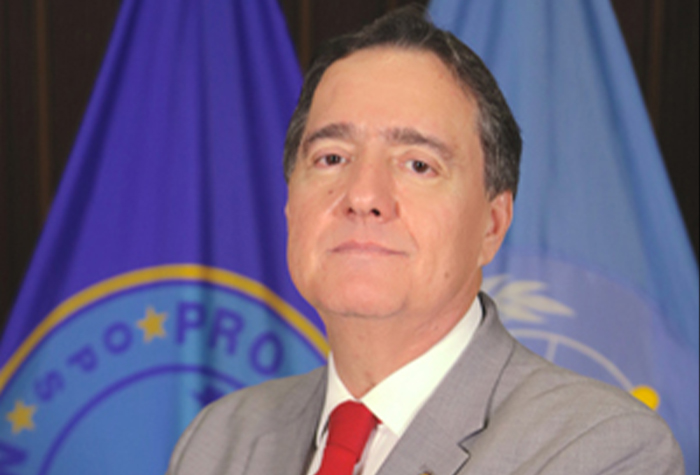PAHO Says Two Billion Doses of COVID-19 Vaccines Could Be Distributed to Countries Globally
By: , November 22, 2020The Key Point:
The Facts
- Dr. Barbosa said PAHO and UNICEF, the agencies designated to pilot the vaccine deployment programme, embarked on the purchasing process by inviting vaccine manufacturers from around the world to apply to become suppliers for the 186 countries joining the COVAX Facility.
- “However, we must be clear… only a vaccine that has proven [to be] safe and effective will be approved by regulators, endorsed by the WHO, and ultimately made available through the COVAX Facility. So, there is still much to be done,” he further noted.
The Full Story
Assistant Director for the Pan American Health Organization (PAHO), Dr. Jarbas Barbosa, says at least two billion doses of COVID-19 vaccines are being targeted for distribution to countries globally, “quickly and equitably”.
Speaking during PAHO’s COVID-19 digital briefing on Wednesday (November 18), Dr. Barbosa advised that this will be done under the World Health Organization (WHO) COVID-19 Vaccine Global Access (COVAX) Facility by the end of 2021.
The Assistant Director said the entity is working closely with member countries to review their immunisation programmes and strengthen their capacity to facilitate a smooth and timely deployment of coronavirus (COVID-19) vaccines.
The COVAX Facility is designed to accelerate equitable access by countries globally to appropriate, safe and efficacious vaccines.
Dr. Barbosa said PAHO and UNICEF, the agencies designated to pilot the vaccine deployment programme, embarked on the purchasing process by inviting vaccine manufacturers from around the world to apply to become suppliers for the 186 countries joining the COVAX Facility.
While noting that the two billion doses is a “remarkable figure”, Dr. Barbosa acknowledged that this provision “won’t be sufficient to vaccinate everyone, at least not at first”.
“Our main goal, as we [initiate] the first phase of vaccination, is to save lives… and that is why it is important to protect the most vulnerable first. The priority will be to protect the healthcare workers and other front-line workers, as well as those at a high risk of developing severe disease,” he said, pointing out that these individuals would represent 20 per cent of each country’s population.
Dr. Barbosa said PAHO’s engagement with member countries in relation to the vaccination programme is against the background that some of the vaccines being developed may require new ways for storage, transportation and distribution within the region.
As such, he added, “we will need to build on existing infrastructure to meet this challenge”.
Dr. Barbosa said the most recent updates regarding the development of potential vaccines is “encouraging”, adding that “we are eager to review the accompanying data”.
“However, we must be clear… only a vaccine that has proven [to be] safe and effective will be approved by regulators, endorsed by the WHO, and ultimately made available through the COVAX Facility. So, there is still much to be done,” he further noted.
Dr. Barbosa said PAHO is aware that vaccine deployment will be challenging and costly.
He advised that the latest projections from the COVAX Facility for Latin America and the Caribbean estimate that vaccinating around 20 per cent of populations will cost more than US$2 billion.
While acknowledging that the figure is high, he emphasised that expenditure on vaccines “is a smart and necessary investment”.
“This is why PAHO has been working with member states to ensure that every country that is interested will have access to the COVAX Facility. We have also partnered with the Inter-American Development Bank, European Union and other financial institutions and donors to secure the funding needed for low-income countries in our region to join,” Dr. Barbosa reiterated.


